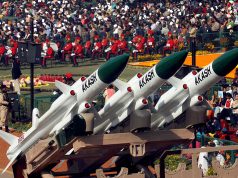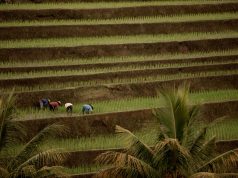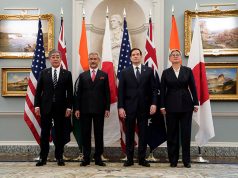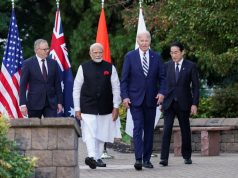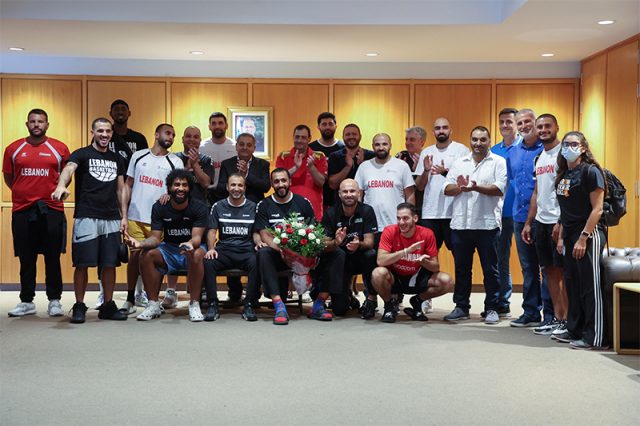
BEIRUT — Crisis-hit Lebanon qualified for the Basketball World Cup on Monday for the fourth time in their history after beating India 95-63 in Bengaluru.
A rare moment of hope and unity in a country mired in fractious sectarian politics and a three-year economic meltdown was achieved despite little government support for the national team, known as The Cedars.
“We were really surprised, they made us proud – if only in basketball,” university student Alaa Endeel said after watching the game at a Beirut Cafe. “It’s nice to see people from all the different Lebanese sects posting the Lebanese flag on their (Instagram) stories.”
The team had been lifted by a win over the Philippines last week and a second-place finish at the Asia Cup in July behind Australia, who are ranked third in the world.
Lebanon, ranked 54th, last made it to the Basketball World Cup in 2010.
“This is great for the country’s image because we’re in a miserable situation here in Lebanon. It’s a small light at the end of the tunnel,” former Lebanese national team coach Joe Mouajes told Reuters.
“We didn’t have any support and barely had money in our pockets when we traveled. But we created an example that we can come together for one goal, putting the team first. I doubt politicians will learn from this because it’s always them first and the country second, but we’re going to keep doing our thing,” he said.
Lebanon’s crisis, which has left eight out of 10 people poor, is widely blamed on corruption and mismanagement by the ruling elite and has been described by the World Bank as “deliberate”.
When billionaire tycoon and Lebanese Prime Minister-designate Najib Mikati congratulated the national team on a win over China in July, captain Wael Arakji responded that the victory had little to do with support from politicians.
Mikati congratulated the team again and said he would continue to do so despite criticism from his detractors.
The 2023 Basketball World Cup starts next August and will be hosted by Japan, Indonesia and the Philippines.
—Reporting by Timour Azhari and Issam Abdallah; Writing by Timour Azhari; Editing by Ed Osmond)\





